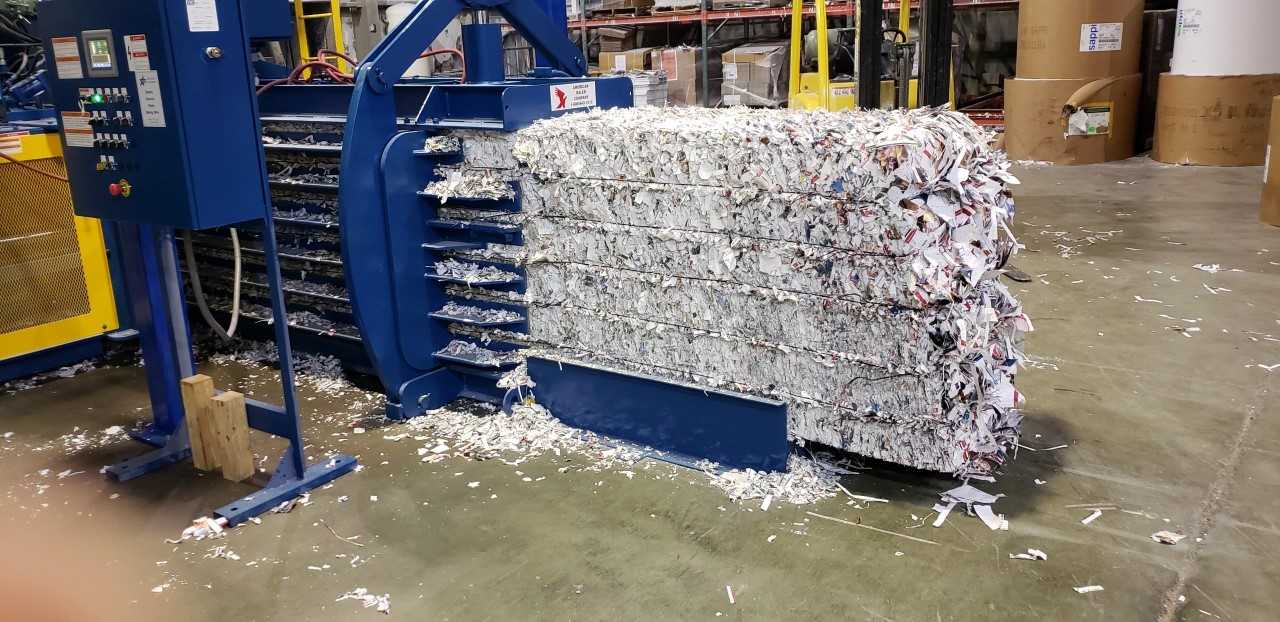There are a whole multitude of waste management solutions that your business can choose. Utilizing balers or compactors are a simple solution for all size and type of business because they both compress your waste and reduce the need for bins. This is because they compress waste into free-standing cubes that can be easily disposed of. Whether your company requires a baler or a compactor depends on your independent needs and an audit can be conducted if you are still unsure which solution will be best for your business. Here are a few of the fundamental differences between balers and compactors.
Balers
A baler is a method of condensing recyclable materials including cardboard, paper, plastics and metal for resale to recycling. The baler compresses waste into a tidy bale that can be neatly stacked and disposed of by a recycling specialist.
Mechanic balers come in a variety of sizes depending on the needs of the company. Here are three of the most common types of baler:
* Vertical Balers:this type of baler handles small to medium volumes of waste and it can be handled by a single member of staff
* Semi-Auto Horizontal Balers: these are suitable for companies that generate a large quantity of recycling on a regular basis
* Stockroom Balers: perfect for retailers and they don’t require much space
A baler is great incentive to increase the amount of waste that your company recycles. Some businesses will begin to see the amount of money they were spending on waste decrease significantly. In addition to increasing the amount your business recycles, installing a baler ensures a tidier and cleaner working environment.
It is important to highlight that a baler is more environmentally friendly than a compactor because the recycled ‘bales’ will then be brought to a recycling company for resale or reuse - whereas the compressed waste that compactors produce will end up on the landfill site amongst rubbish.
Compactors
A compactor operates a similar mechanism, but the machine is created to condense unsorted waste into a container. This container is then disposed of by a waste collector. Investing in a compactor will help to reduce the amount of waste your company is forced to dispose of because it is compressed to a much smaller size than if the garbage had simply been put into a bin. A compactor will reduce the number of overall garbage pickups because compacted garbage takes up less space than the garbage that accumulates in bins.
It is important to consider whether a compactor will be economically necessary for your company because they do come with expenses and take up a certain amount of space. However, if you’d like to have a stricter and more organized system of waste management, a compactor may be for you.
Every company’s needs are different and when you make the decision whether to purchase a baler or a compactor for your business, it is important to research how much waste your company produces and whether this is a cost-effective solution.
Some companies produce a lot of paper or plastic waste, in this circumstance it would be recommended to purchase a baler. Others produce a wealth of all kinds of waste in a small unit – and this is best compacted. With this distinction made, you’ll be able to decide which product fits with your company’s needs.

